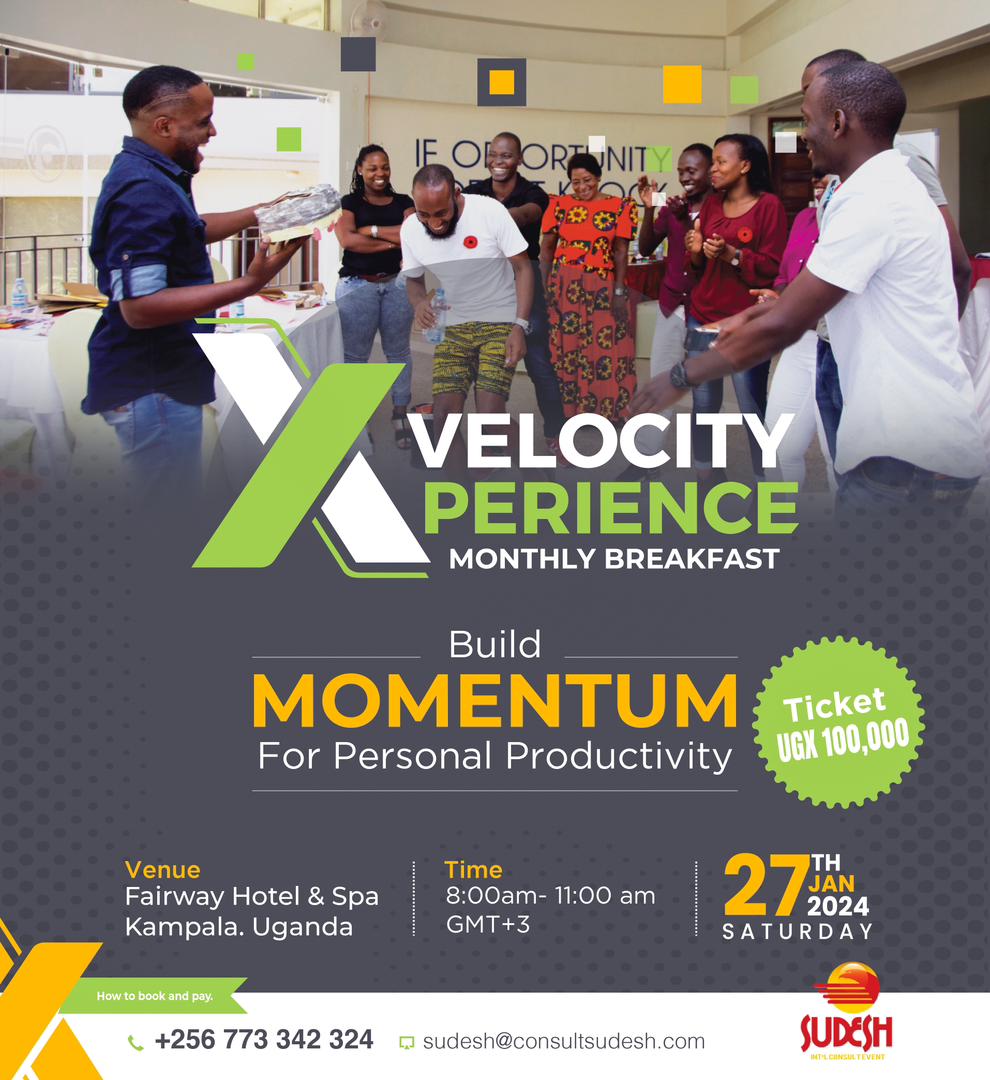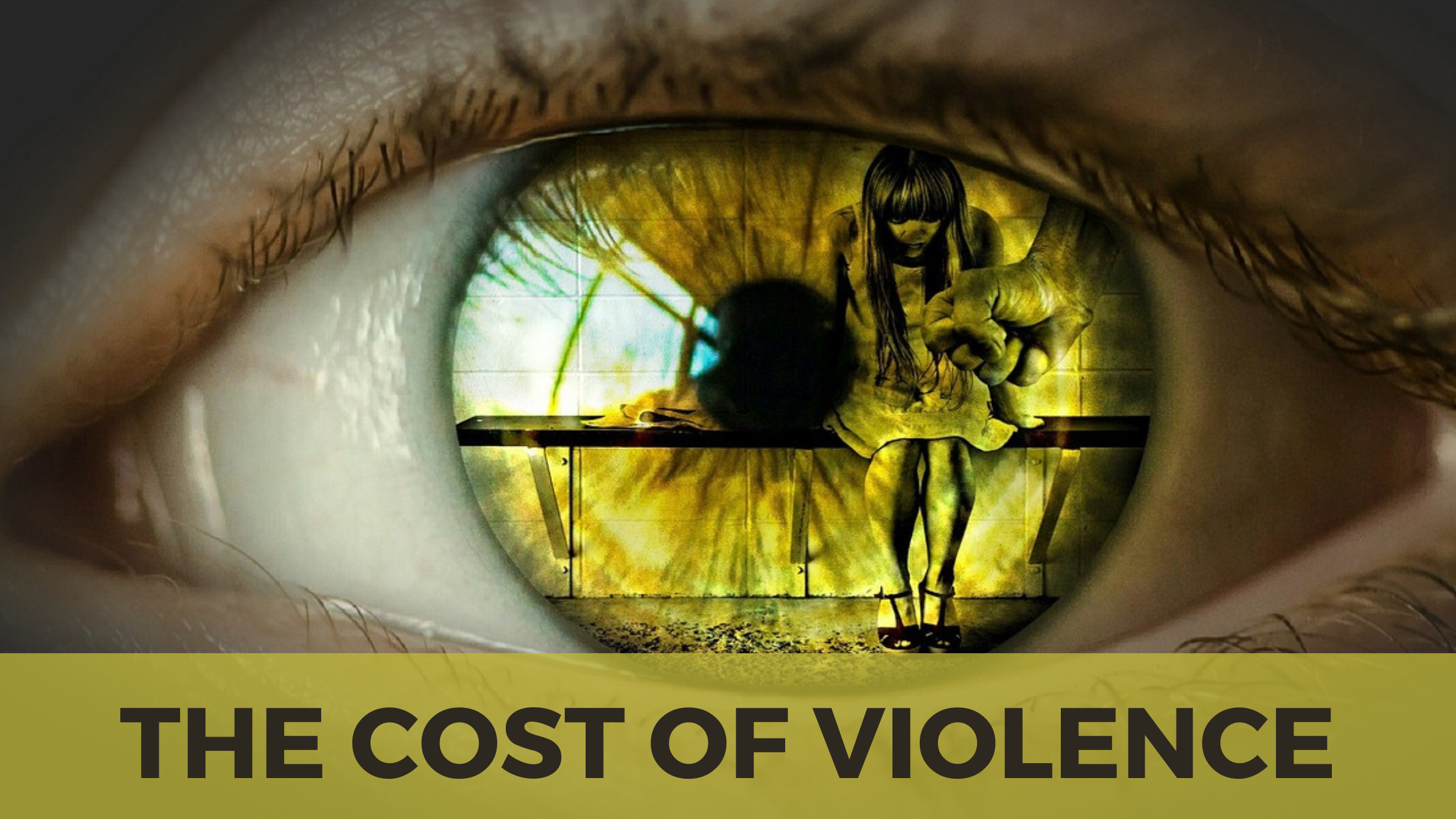All workplaces are political and almost all staff ply politics whether they know it or not.
It’s time for you to evaluate your style against your organization’s political environment.
Rather than spending your time and energy bemoaning or resenting the nature of organizations (which are inherently political), focus your time and energy on understanding what kind of political environment you are in.
Is your company minimally, moderately, highly or pathologically politicized? To what degree does the political culture fit your (current) personal political style and what you want out of your life and career?
Kathleen Kelley Reardon, an expert on organizational politics, classifies political players into one of four types:
- The purist: Do you dislike all thought of politics, and simply want to get on with the job at hand?
- The street fighter: Do you believe the best way to get ahead is through the use of rough tactics, even at the expense of others?
- The Team Player: Do you believe in getting ahead by working well with others and participate in the politics that advance group goals?
- The Maneuverer: Do you believe in getting ahead by playing the games of politics in a way that is skillful and unobtrusive to those who only take things at face value?
Of course, all of us can develop skills and change our approach if we really want to but unless we make these changes, it’s very unlikely that a purist will be happy or productive in a highly politicized environment or that a street fighter will be welcome in a minimally politicized environment.
So then what is next? Do we focus on politics alone and what does it mean anyway? “We can do anything we want to do if we stick to it long enough.” said a wise person. Notice he didn’t say if we worked harder. There’s a place beyond hard work that creates elevation at the workplace.
I have seen average performers promoted over elite performers just because they continuously work to strengthen their “relationship currency.”
Focusing only on your performance currency, or the credibility you build through your work, is very unlikely to get you the success you’re aiming for — be it a bonus, promotion, or recognition from senior executives.
However, investing time in your networks and building the connections that can speak for you and your work will get you those things.
This investment in strategic relationships is not a distraction from your “real” job, but in fact, one of the most important aspects of it.
While it’s clearly important to build relationships deliberately with people who can be your allies, don’t make the mistake of neglecting to build relationships with people who have the potential to be your adversaries.
Every additional adversary that you have lessens your political capital and your effectiveness.
You also need to understand where and how relationships are still being built, especially as the work environment becomes more virtual.
WhatsApp chats? Hour-long calls where there is no agenda other than to catch up with colleagues? If none of these are happening, perhaps you can start them; not only with people who are already in your network but also with those who you would like to have in your network.
Social media offers myriad opportunities to reach out to new connections outside of your organization. The value that this can offer your career is immense. A network that is as diverse and wide as possible has repeatedly been shown to be much more useful than a narrow, homogenous one.
Constantly improve your “political” savvy.
To get to where you want to go, you need to be clear on where you are starting from.
Understanding the concepts of political intelligence is one thing, but understanding how you stack up against them is another.
You need to build your workplace political strategy. As with any strategy, the key is to revisit and update your political strategy regularly as the context changes.
You will inevitably fail sometimes, but other times you will succeed. Getting up and trying again is what matters. Winston Churchill said it well, “In war you can only be killed once. In politics you can be killed many times.”
Remember that doing politics on your own terms, with a clear-eyed view of how to be effective without selling your soul or sacrificing your values, will not only benefit you but so too those colleagues and stakeholders who are counting on you to do the best job you can. All of us play some form of politics and getting better at the version that we want to play is critical to our career success and our personal wellbeing. Because it really is true — if you don’t do politics, politics will do you.








